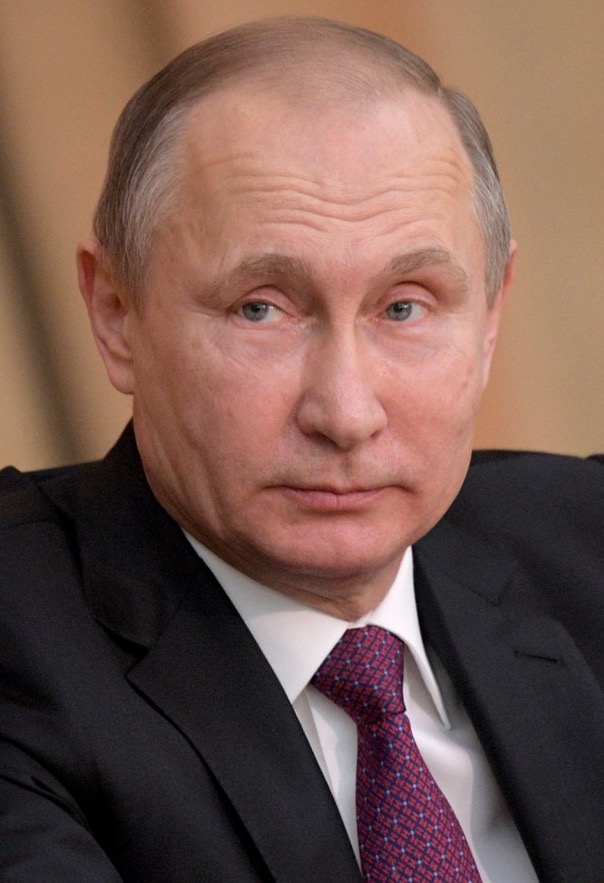Analysis
Economic Security
Why Ukraine’s Fate May Depend on Beijing
4 November 2025
23 December 2020
Promoting propaganda narratives has become an important part of Moscow’s foreign policy toolbox. While their immediate goal may be to confuse foreign audiences, these narratives are ultimately rooted in a particular worldview, that is, in fact, shared by many Russians. Therefore, we should not underestimate the extent to which the Kremlin and its supporters may actually be prisoners of their own propaganda.
A recent iSANS-published study by the Belarusian analyst Andrei Yeliseyeu offers a comprehensive classification of Russian disinformation narratives in Belarus. Many of them are hardly new. “Belarus is not and has never been a separate nation, it has no future without Russia. Her opposition leaders are foreign puppets or Neo-Nazis, controlled by a Western conspiracy.”
These are stories we have previously, on numerous occasions, heard about Ukraine, and other countries.

Kremlin narratives tend to be flexible, adapting to the local cultural and political context, but, in the end, they are rooted in a specific ‘worldview’ that some Russians adhere to.